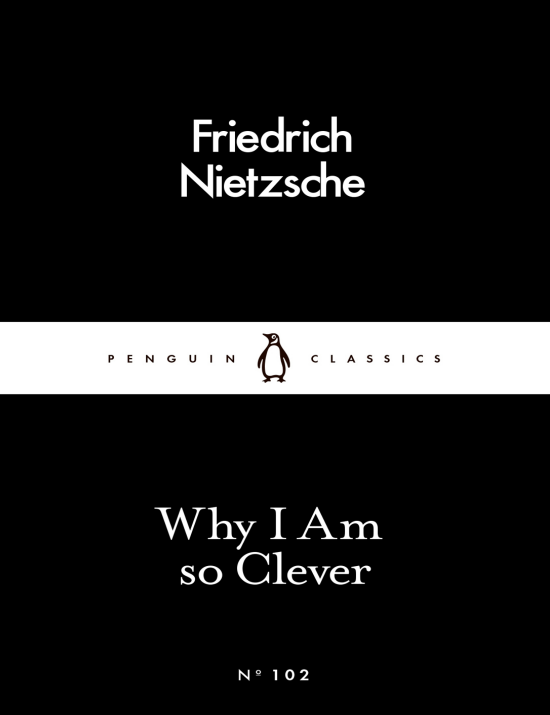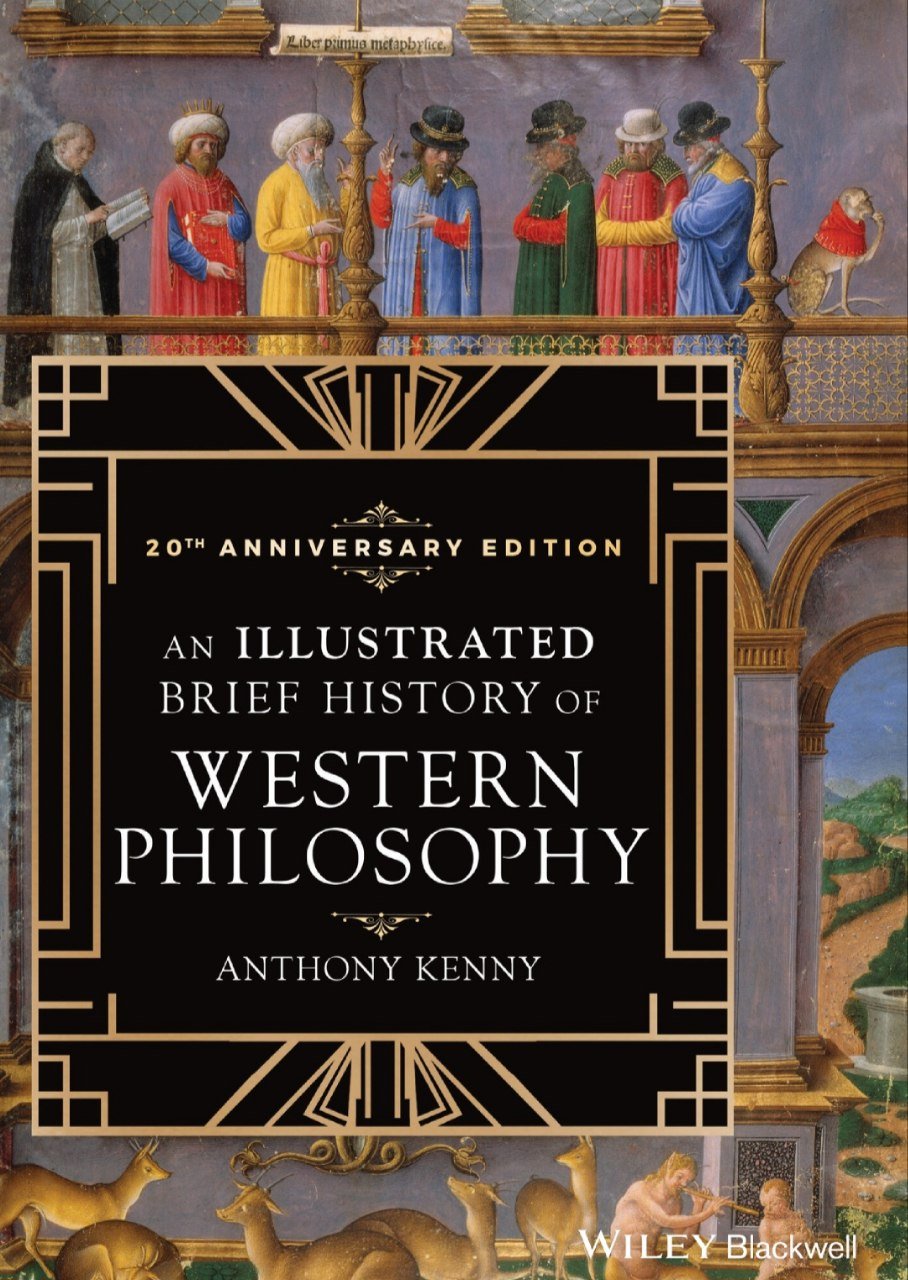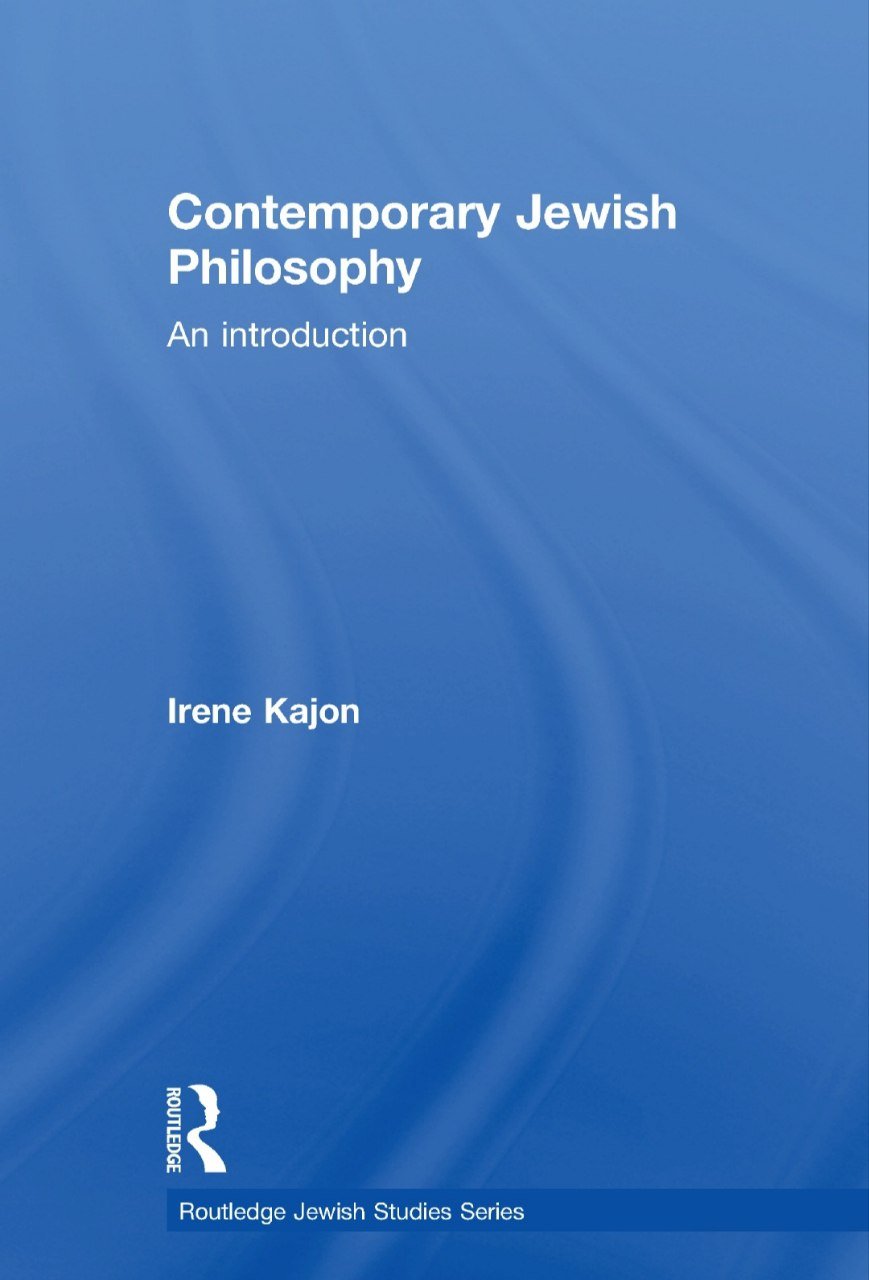

Language and Myth by Ernst Cassirer
Reviews
No review yet. Be the first to review this book!
Description
Language and Myth ✍🏼 Ernst Cassirer In Language and Myth, Ernst Cassirer explores the deep interconnection between linguistic expression and mythological thought, arguing that language and myth are not separate cultural phenomena but are fundamentally intertwined in shaping human understanding and experience. Originally published in 1925, this work is a key text in Cassirer’s broader philosophy of symbolic forms, where he examines how human beings create meaning through diverse symbolic systems—language, myth, religion, art, and science. Cassirer contends that mythological thinking represents one of humanity’s earliest forms of world interpretation. Myth, in this view, is not merely a primitive or superstitious worldview but a legitimate mode of understanding reality, one that organizes human experience through symbolic representation. Language, for Cassirer, plays a crucial role in this process. It doesn’t simply label objects or convey information; rather, it embodies a creative force that shapes our perception of the world. Words are not neutral descriptors but symbolic forms through which mythical thinking finds expression. One of Cassirer’s key insights is that myth and language both arise from a common human impulse to symbolize and make sense of the world. In early cultures, he argues, language is imbued with magical and sacred significance. Names and words are not arbitrary but are believed to possess an intrinsic connection to the things they represent. Thus, mythical thought often sees language as an active force in the world, capable of influencing reality through ritual speech, spells, and invocations. Cassirer also examines how myth shapes early conceptions of time, space, nature, and causality. In contrast to the rational and abstract thinking of modern science, mythical thought interprets the world through narratives filled with gods, spirits, and supernatural powers, often anthropomorphizing natural forces. Language, in turn, serves as the medium through which these narratives are constructed and transmitted, reinforcing communal beliefs and worldviews. By situating language and myth within the broader framework of symbolic forms, Cassirer highlights their role in the evolution of human consciousness. Myth eventually gives way to more abstract and conceptual forms of thought, such as philosophy and science, but it remains a foundational stage in the development of human culture. Language and Myth is both a study in the anthropology of knowledge and a philosophical reflection on how humans create meaning. Cassirer’s analysis provides a profound understanding of the symbolic function of language and its intimate connection with mythological worldviews, offering readers a nuanced appreciation of the cognitive and cultural significance of early symbolic thought.























.jpeg)









.jpeg)

.jpeg)

.jpg)
.jpg)

.jpg)
.png)

.jpg)


.jpg)





.jpeg)

.jpg)









.jpeg)









.jpg)




.jpg)



























































